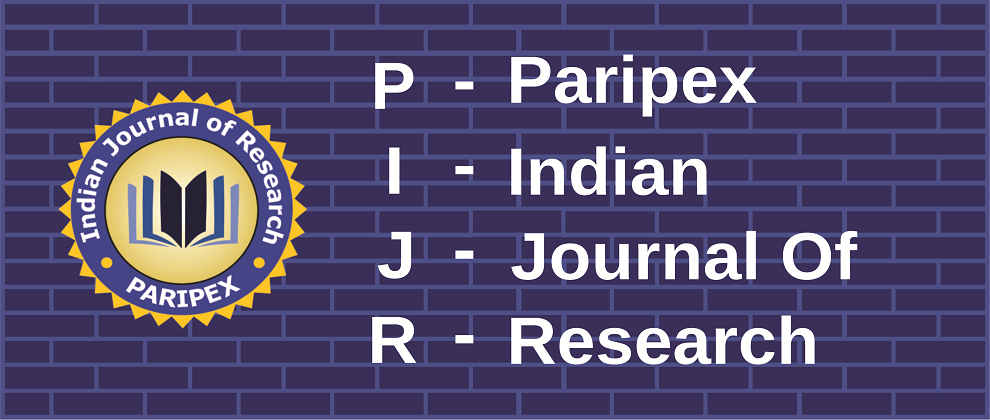Volume : VII, Issue : XI, November - 2018
EXPRESSION OF CYCLIN STUDY D1 IN THE INTERPRETATION OF ENDOMETRIAL LESIONS
Dr. Koorapati Ramesh, Dr. Kishan Bookya
Abstract :
Introduction: Endometrial carcinoma is often preceded by characteristic histopathological lesions known as endometrial hyperplasia. Over expression of cyclin D1 has been linked to the development and progression of cancer. cyclin D1 is an important regulator of cell cycle progression and can function as transcriptional co–regulator.
Aims and objectives: To investigate the role of cyclin D1 in simple hyperplasia, complex hyperplasia and endometrial carcinoma and to recognize the subset of endometrial lesions that may be precancerous.
Materials and Methods: This is a retrospective and prospective study carried out at Kakatiya Medical College Warangal. All specimens received in the department of Histopathology over a period of 5 years. i.e., from March 2009 to May 2014 taking into account relevant clinical data and relative information were included in the study. cyclin D1 immunohistochemical analysis (IHC) was used to evaluate 60 fixed, paraffin–embedded endometrial samples.
Results: Out of 60 cases of endometrial lesions 37% (22/60) were simple hyperplasia, 33% (20/60) were complex hyperplasia, 30 % (18/60) were endometrial carcinoma and control group included 10 proliferative endometrium and 11 secretory endometrium. Among 18 cases of endometrial carcinomas, majority of carcinomas were of endometriosis type (62%) followed by adenosqamous (22%), serous papillary type of carcinomas (17%). Most of the simple hyperplasia’s were reported in the age group of 40–49 years, while most of the complex hyperplasia and carcinomas were above the age of 40years. The mean age of the above cases was 47.1 years (range 25–66years). cyclin D1 immunoreactivity was predominantly seen inendometrial carcinomas followed by a complex hyperplasia and simple hyperplasia. The highest extent of (3+) of positivity was seen in majority of carcinomas and complex hyperplasia.
Conclusion: Cyclin D1 is an important regulator of cell cycle progression and can function as transcriptional co–regulator. The over expression of cyclin D1 has been linked to the development and progression of cancer.
Article:
Download PDF
DOI : https://www.doi.org/10.36106/paripex
Cite This Article:
EXPRESSION OF CYCLIN STUDY D1 IN THE INTERPRETATION OF ENDOMETRIAL LESIONS , Dr. Koorapati Ramesh, Dr. Kishan Bookya , PARIPEX-INDIAN JOURNAL OF RESEARCH : Volume-7 | Issue-11 | November-2018
Number of Downloads : 151
References :
EXPRESSION OF CYCLIN STUDY D1 IN THE INTERPRETATION OF ENDOMETRIAL LESIONS , Dr. Koorapati Ramesh, Dr. Kishan Bookya , PARIPEX-INDIAN JOURNAL OF RESEARCH : Volume-7 | Issue-11 | November-2018


 MENU
MENU

 MENU
MENU


